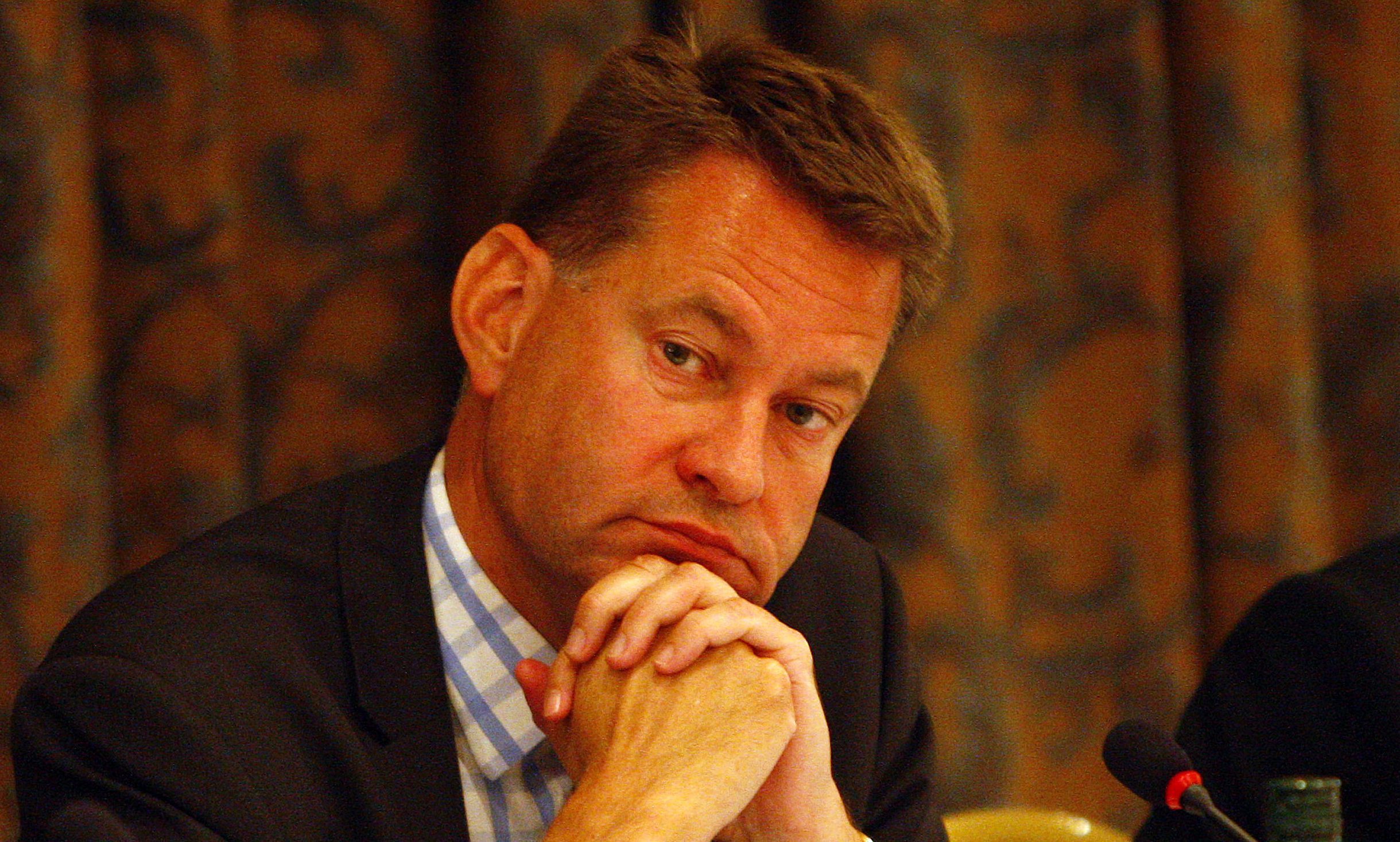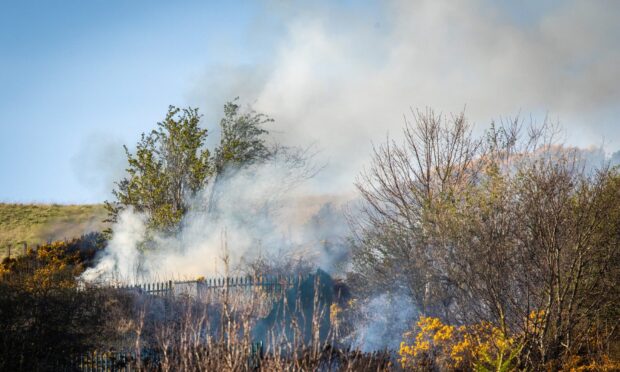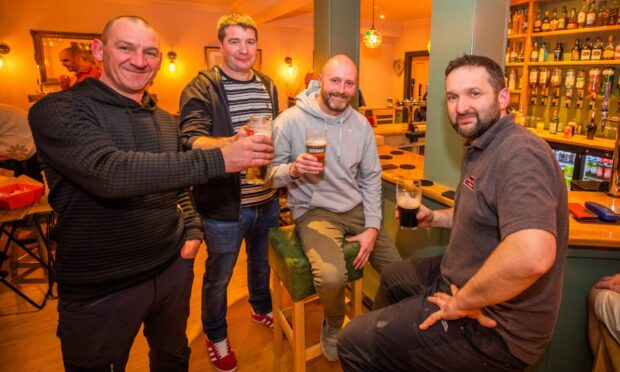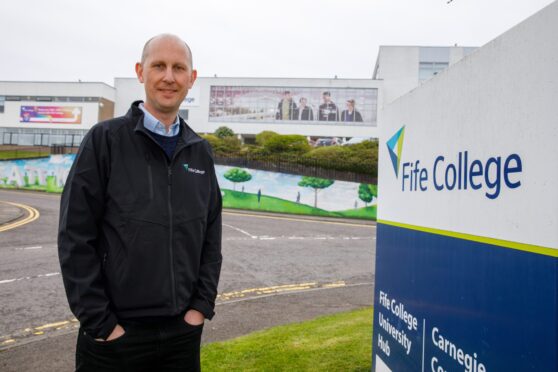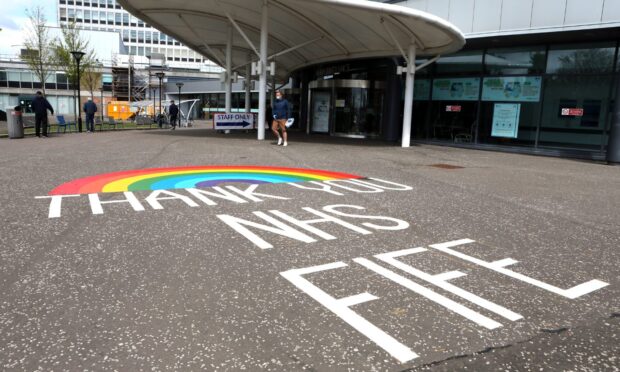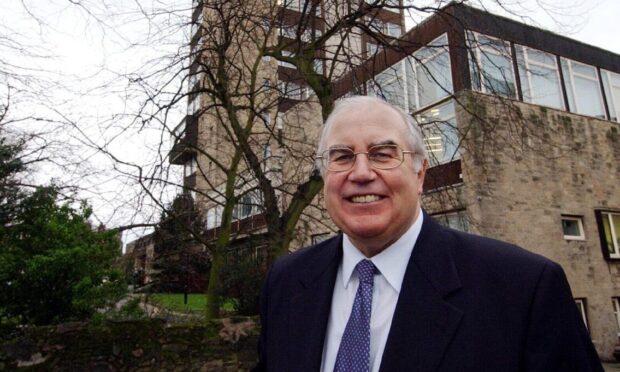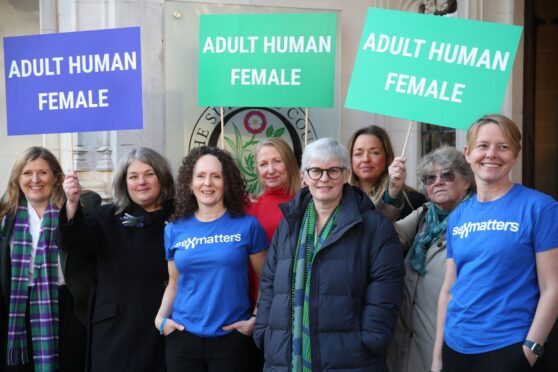A Perthshire MSP has criticised the Church of Scotland for intervening in Brexit when they had “nothing to say” about independence.
Murdo Fraser, the Scottish Conservative, suggested it was better for the Kirk to steer clear of constitutional politics.
In the aftermath of Theresa May’s crushing Commons defeat on Tuesday, a senior Church of Scotland figure urged her to rule out a no-deal Brexit.
While I personally agree with this stance, I’m not sure I understand why @churchscotland can pronounce so clearly on this issue but had NOTHING to say on Scottish independence. Perhaps the Church should just stay out of these political issues? https://t.co/m8V7OFyGLx
— Murdo Fraser (@murdo_fraser) January 16, 2019
The Rev Dr Richard Frazer said: “The Church of Scotland calls on the Westminster Parliament and UK Government to make a commitment not to withdraw from the EU without a comprehensive agreement in place.
“To do so would be reckless, not only in the short-term, and represents a loss of good faith with our closest neighbours on which we depend for our common good.”
Mr Fraser, who voted Remain in 2016 and is one of the Tories’ most vocal critics of SNP manoeuvres for Indyref2, said: “While I personally agree with this stance, I’m not sure I understand why @churchscotland can pronounce so clearly on this issue but had NOTHING to say on Scottish independence.
“Perhaps the Church should just stay out of these political issues?”
In July 2017, the Mid Scotland and Fife MSP accused the Church of Scotland, of which is a member, of expressing “nationalist opinions”.
Dr Frazer said it would be “wrong” for Mrs May to withhold consent for a second independence referendum when Holyrood backed it.
He later said the church is “neutral on the question of Scottish independence”.
Responding to Mr Fraser’s latest tweet, Dr Frazer said Church of Scotland policy is determined “through a process of prayerful discernment” at the General Assembly, its highest court.
“The Church has never had a settled policy for or against Scottish independence, though it supported the establishment of a Scottish Parliament and was represented on the Scottish Constitutional Convention that paved the way for it,” Dr Frazer said.
“For many years the Church of Scotland has taken the view that the European project of closer co-operation, arising as it did out of two major wars in the 20th Century and preceding centuries of conflict was a move towards ending this antagonism and promoting greater cohesion and social justice.
“That being said, the Church has not been slow to be critical of aspects of the European Union and call for reform.
“The Church of Scotland has for many centuries contributed to debate in the public square.
“It does so out of an historic tradition, rooted in our legal status established under law that the State and the Church have mutual duties towards one another and that the Church’s role is ‘to promote in all appropriate ways the Kingdom of God’.”
